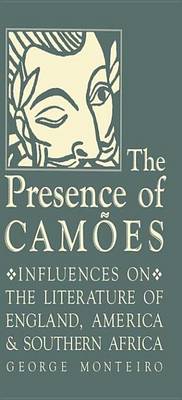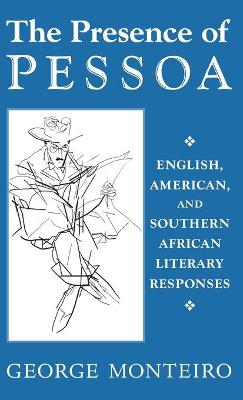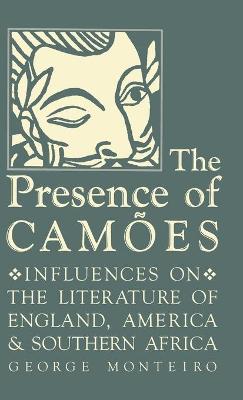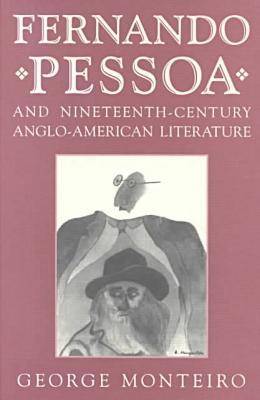Studies in Romance Languages
2 primary works • 4 total works
Book 40
Book 43
Fernando Pessoa (1888--1935) is perhaps the most engaging of the great Western modernists of this century. Born in Portugal but raised and educated in southern Africa, Pessoa wrote poetry, fiction, and nonfiction. George Monteiro provides refreshingly new interpretations of Pessoa's Mensagem ( Message) and the modernist novella 0 Banqueiro Anarquista ( The Anarchist Banker). But he is primarily interested in tracing Pessoa's influence on a wide range of contemporary writers. Among those Monteiro finds putting Pessoa's work to their own surprising -- and sometimes comic -- uses are Joyce Carol Oates, Allen Ginsberg, John Wain, Lawrence Ferlinghetti, and earlier poets including Thomas Merton, Edouard Roditi, and Roy Campbell. In addition, the complete text of Campbell's pioneering biocritical study of Pessoa is published here for the first time.
Of the great epic poets in the Western tradition, Luis Vaz de Camoes (c. 1524- 1580) remains perhaps the least known outside his native Portugal, and his influence on literature in English has not been fully recognized. In this major work of comparative scholarship, George Monteiro thus breaks new ground, focusing on English-language writers whose vision and expression have been sharpened by their varied responses to Camoes. Introduced to English readers in 1655, Camoes's work from the beginning appealed strongly to writers. The young Elizabeth Barrett's Camonean poems, for example, inspired Edgar Allan Poe to appropriate elements from Camoes. Herman Melville's reading of Camoes bore fruit in his career-long borrowings from the Portuguese poet. Longfellow, T.W. Higginson, and Emily Dickinson read and championed Camoes. AndCamoes as epicist and love poet is an eminence grise in several of Elizabeth Bishop's strongest Brazilian poems. Southern African writers have interpreted and reinterpreted Adamastor, Camoes's Spirit of the Cape, as both a symbol of a dangerous and mysterious Africa and an emblem of European imperialism. Recognizing the presence of Camoes leads Monteiro to provocative rereadings of such texts as Dickinson's "Master" letters, Poe's "Raven," Melville's late poetry, and Bishop's Questions of Travel.
Fernando Pessoa and Nineteenth-century Anglo-American Literature
by George Monteiro
Published 22 September 2000
Both in his own poetry and the poetry he attributed to his other identities, the modernist poet Fernando Pessoa (1888-1935) was strongly influenced by British and American 19th-century writers. This work analyzes Pessoa's intertextual links to his English-language predecessors.



